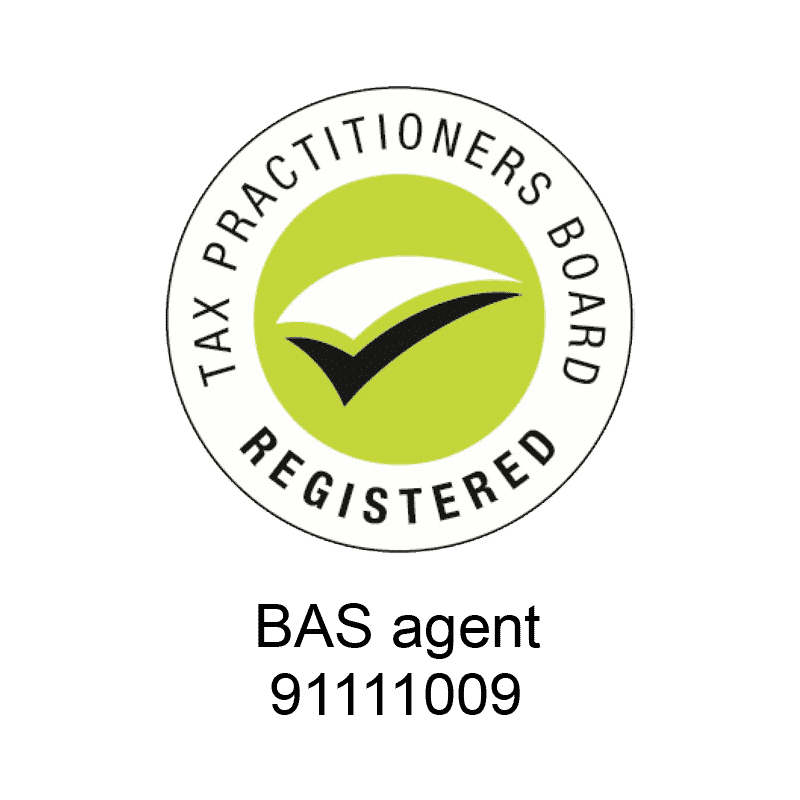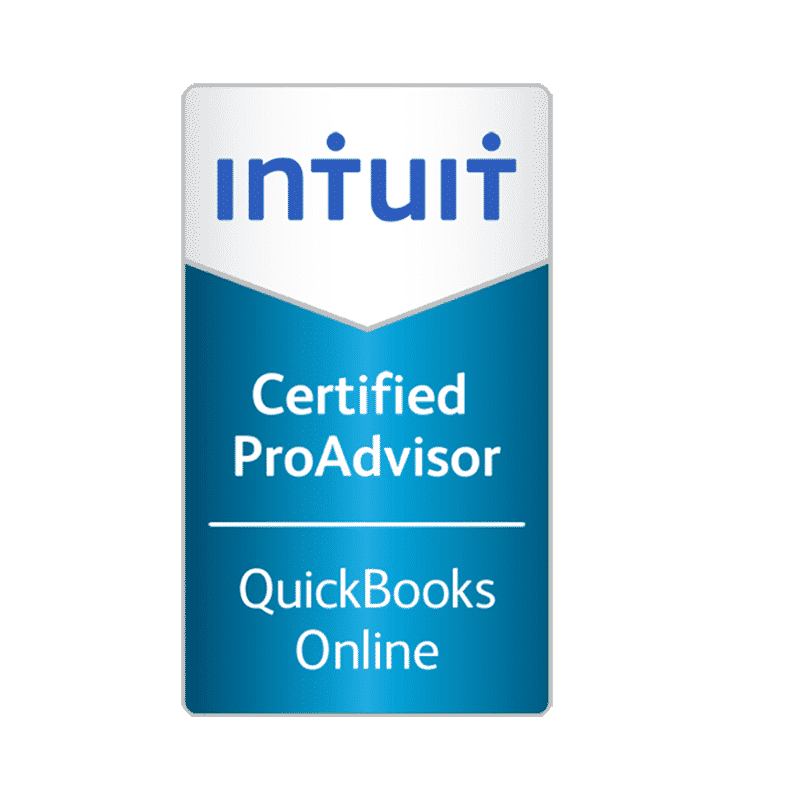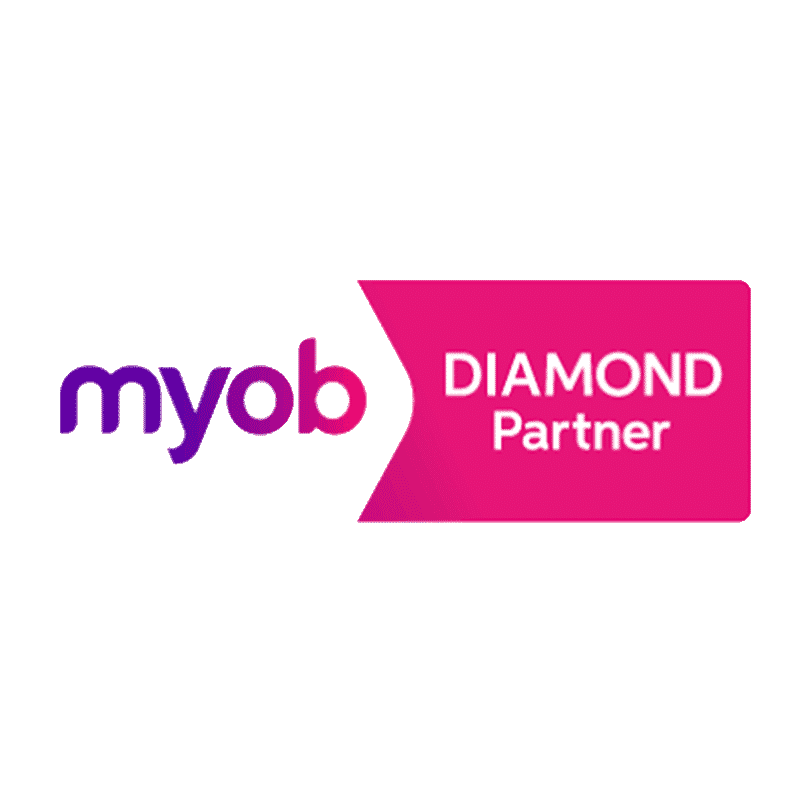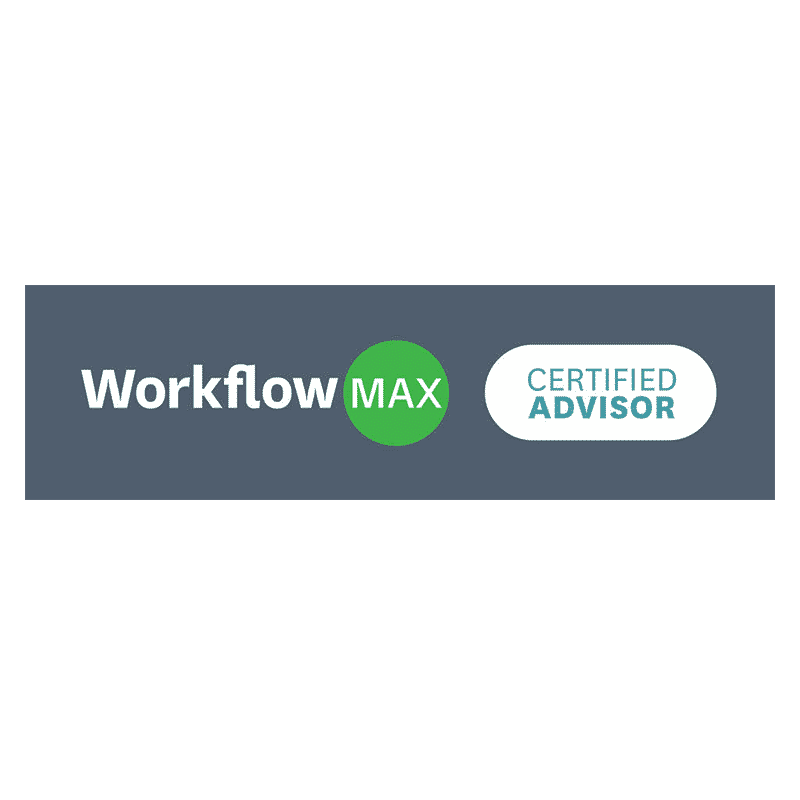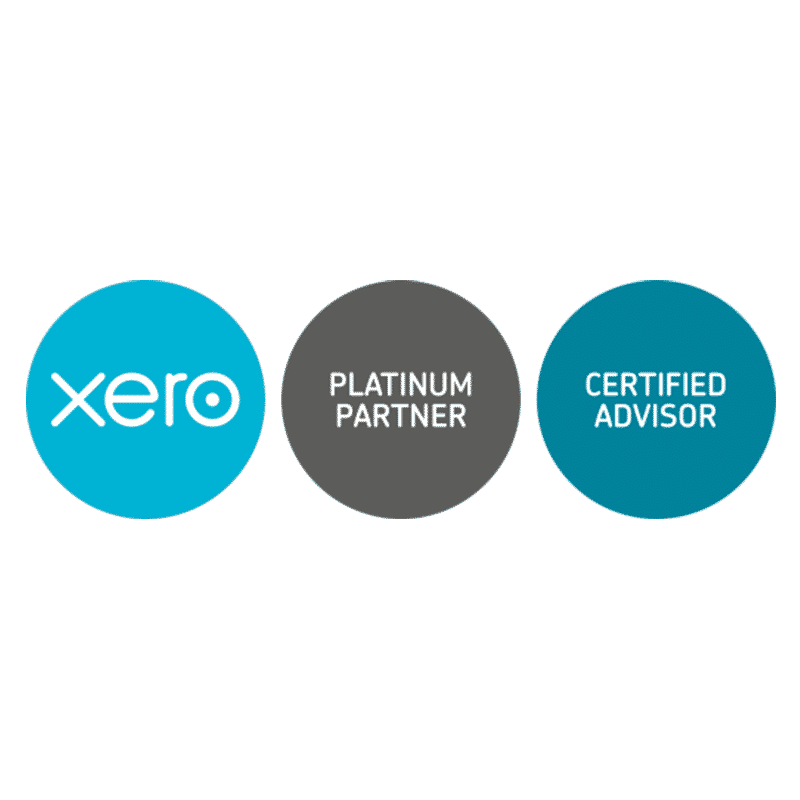It is coming to the end of the financial year when and business owners and bookkeepers have just a few things to think about. I’d like to share some of my insights into making the most of the next 30 odd days. Minimising your tax bill for 2015 and reducing your accountant’s charges this year. There are steps that you can take.
Before 30 June
If your business has made profits this year you will be thinking about ways to reduce your tax for this financial year. Of course my comments are of a general nature, mostly focusing on small business (less then 2 mill turnover), and you will need to check with your accountant on the specific details and the setup of your business.
- Pay your employee superannuation before 30 June to ensure it is tax deductible
- Business owners may want to think about putting extra super away to increase expenses in their business for the year and reduce profits
- Prepayments – Rent, Insurance, Interest
- If you are reporting your tax on a cash basis
- Income – Encourage your customers to pay you later, after 30 June. YES I just said that!
- Expenses – Pay all suppliers that you have on your desk. Of course you will need that magical thing called CASH to do this…
- And of course you might want to look into taking advantage of the immediate write off for assets purchased for less than $20,000 ex GST after 12 May 2015. Assets are usually expensed over 3-8 years so it takes a while to get the tax claims on these. This new limit for small business means that you can expense the whole $20,000 this year if you purchase before 30 June (again check with your accountant as your situation may differ!).
Before 30 June
Some administrative tasks need to be taken care of around this time of year as well
- If you have transferred monies to yourself during the year as a loan then it is generally a good idea to transfer these funds back into the business to reduce accounting costs and possibly personal taxes.
- Complete a stock take as at 30 June
- Reconcile your bank account as at 30 June (not 2nd or 3rd July!)
- Prepare to deliver your Employee Payment Summaries on time (14th July)
- Start checking that your payroll report totals (Gross wages and PAYG) match your financial statements (Profit and Loss full year, Balance sheet as at today)
- Check that your BASs lodged to date (July to March) match the figures on your Payroll Report (Gross and Tax figures – July to March)
- Gather any expense receipts from the owner that were paid personally and enter them, pay the reimbursement if needed.
After 30 June
After 30 June you might want to start thinking about reducing your accounting bill. WiseClick have been focussing on this for our clients for years. I’d like to share some of my tips. As a rule, the more information that you give them up front the better. As the owner of a bookkeeping company, I know just how much time can be gobbled up by having to contact a client for more information, put a job down and wait for answer, chase the answer again, receive answers from the client then pick the job up again and figure out where you were up to!!.
Of course, your accountant will usually send you a checklist of items to complete for EOFY. NO! This paperwork if not recycle paper or waste paper bin basket ball practice!!! Leave it on your desk and work with it.
Just in case you ‘LOSE’ your accountant checklist, I have one here for you.
As a general rule, if you complete the same tasks that your accountant will have to complete when they get your work. Common sense says that their job will be quicker if you have checked off the tasks first RIGHT?? Remember, your accountant does charge per hour!
What do we do to reduce our client’s accounting bills here at WiseClick? Basically we reconcile all accounts in the business’s Balance Sheet Report as at 30 June. We provide the accountant with documents to prove that this has already been done. This means that they merely have to check tasks off not start them from scratch. You can run your Balance Sheet Report from your accounting software as at 30 June and do the same. You know your business so reason says that you can do this as well. We then spend a little time checking the coding of the income and expenses for the year. See some tips below
- Ensure the bank still reconciles to your datafile as at 30 June (things change over time so re-run the report) Include a copy of the original bank statement as at 30 June so they can check too. Repeat for all bank accounts and credit card, even bank loans.
- If you have any ‘Clearing or Suspense’ accounts in your Balance sheet. Ensrue these are ZERO. Or prove why they are not Zero and how they will soon return to a zero situation. Some examples of these accounts could be:
- Undeposited funds
- Electronic clearing account
- Contra account
- Debtors / Open Sales as at 30 June – Ensure these are all REAL, still owing. Write off any bad Debts. Credit out any that you may have entered twice or incorrectly. Look for the ones with old dates for errors here. Ensure that when you add up your individual open sales as at 30 June, the total equals the dollar balance for Debtors in your Balance Sheet report.
- Creditors / Open Purchases as at 30 June – Ensure these are all REAL, still payable. Credit out any that you may have entered twice or incorrectly. Look for the ones with old dates for errors here. Ensure that when you add up your individual open sales as at 30 June, the total equals the dollar balance for Debtors in your Balance Sheet report.
- Does the GST liability as at 30 June in the Balance Sheet equal the June BAS GST figure that you reported. If not then why not?
- Does the PAYG (employee taxes) liability as at 30 June in the Balance Sheet equal the June BAS PAYG figure that you reported. If not then why not?
- If you have a running balance of monies owing to the ATO. Does this show correctly in your Balance Sheet? If not why not? It is a liability after all.
- Have you setup any new loans or HP agreements during the year. Provide all paperwork that was given to you when you signed up
- Have you purchased new assets during the year? Provide copies of all Tax Invoices for these.
- Provide a stocktake figure
- Superannuation – prove the 30 June dollar figure in the Balance Sheet. Ensure this is the true balance paid after 30 June.
- Wages and Payment Summaries – the ATO asks for a reconciliation of your Payment Summaries issued back to your financial reports. Please provide these workings to your accountant as well.
- Check that your payroll report totals (Gross wages and PAYG) match your financial statements (Profit and Loss full year, Balance sheet as at 30 June)
- Check that your BASs lodged for the year. Match the figures on your Payroll Report (Gross and Tax figures – July to June)
- Insurances – Provide all copies of Tax Invoices these for the full year
- Legal bills – Provide all copies of Tax Invoices these for the full year
- Patents – Provide all copies of Tax Invoices these for the full year
- Repairs and Maintenance – Look through the account postings for the year. Could any of these be seen as assets? Would they improve the output or extend the life of one of your assets? If so then include copies so that your accountant can ascertain which way to go on these.
- GST coding during the year. You accountant will need to check through all of your account codings and GST tax coding for the year when they prepare your return. YES line by line!!! I don’t have any easy answer for making this quicker. My only suggestion would be to get a BAS Agent like us to prepare your BASs!!!
Oh an in regards to you accountant’s bill. Ask for an estimate up front, get another estimate to compare your accountant’s estimate to..….you don’t have to change accountant but you can keep them honest. You do this for other suppliers, why not your accountant? Want to know more? Contact us directly.
Have a great day.


